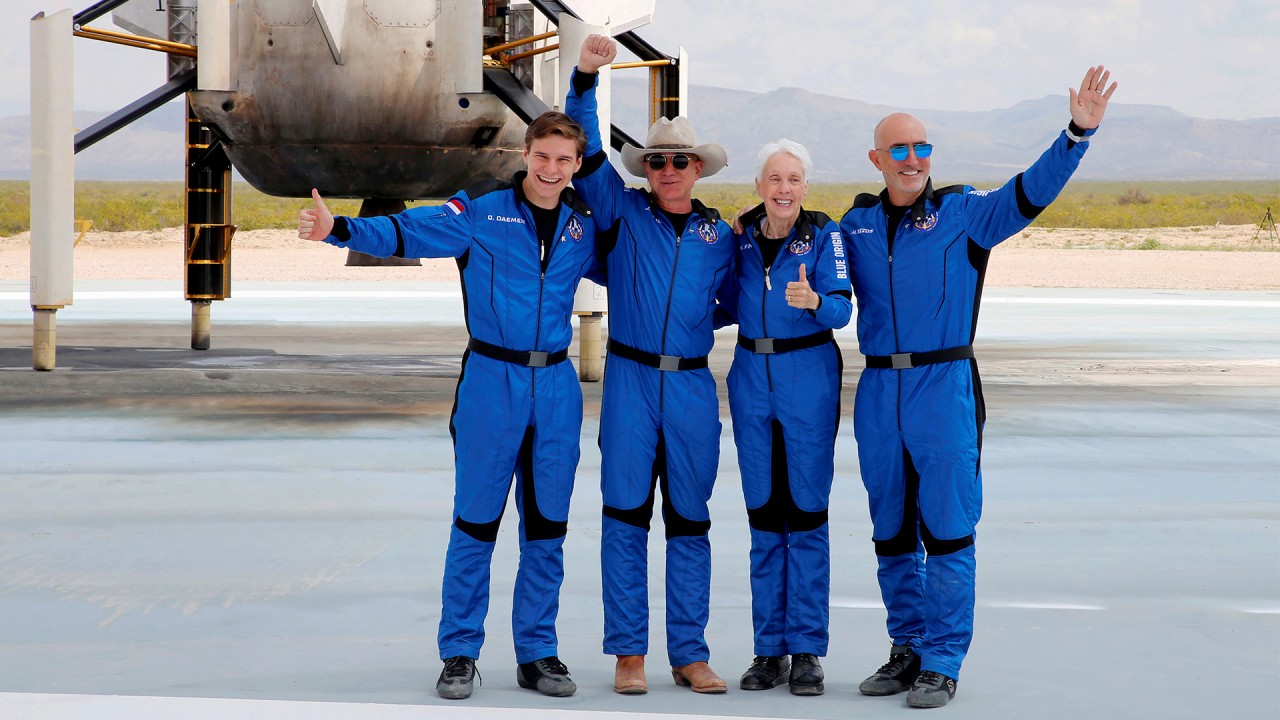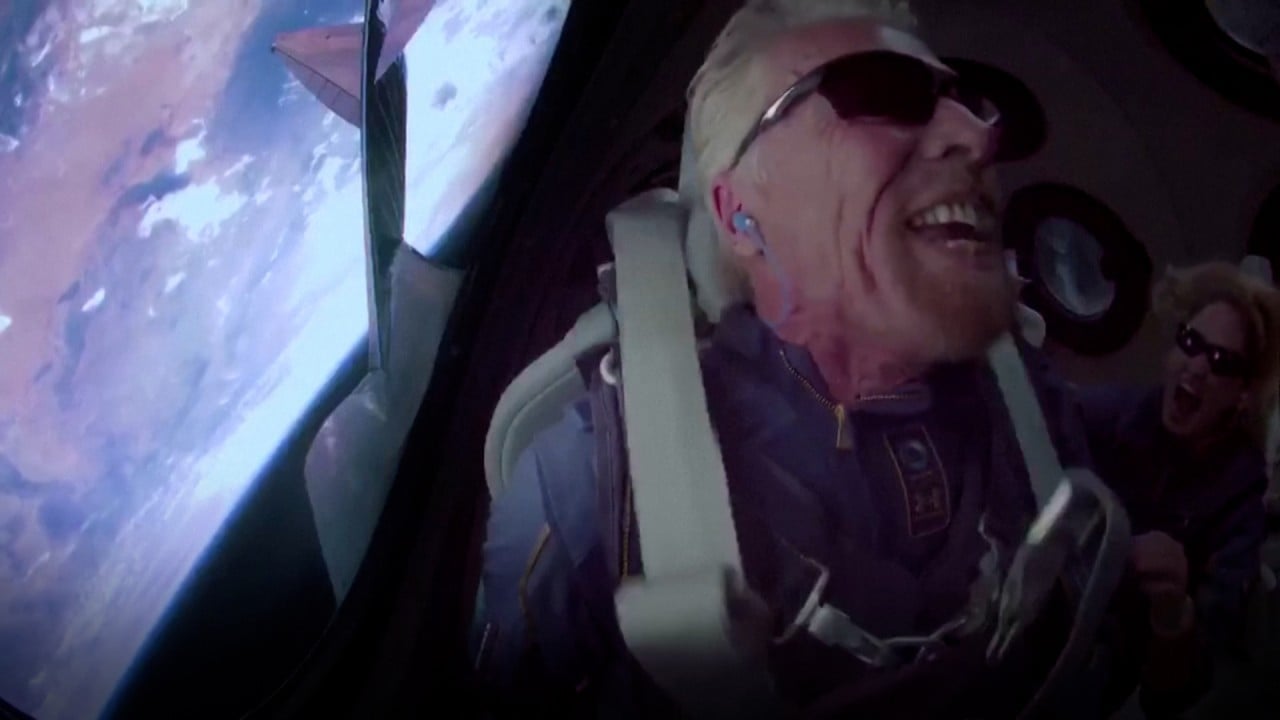
Next stop: space? Chinese firm aims for suborbital tourist trips by 2025
- CAS Space founder says passengers could pay upwards of US$285,000 for a flight to the edge of the Earth’s atmosphere
- It commercial operations should be in full swing in 2027, he says
China may be able to send its first paying passengers on suborbital trips to the edge of space as early as 2025, according to a top rocket scientist.
Yang Yiqiang, who was the general director of the Long March 11 rocket project in 2018 and founder of a government-backed company to explore commercial use of rockets, said commercial space tourism would be in “full bloom” in 2027.
“With the refinement of the business model, China is expected to start suborbital travel in 2025, which costs around 2-3 million yuan (US$285,00-US$427,000),” state-run Global Times quoted Yang as saying on Saturday.
Yang, the founder of commercial space launch enterprise CAS Space, said up to seven tourists would be able to fly at a time to an altitude of more than 100km (62 miles).
He said suborbital travel was more technically mature compared to other types of space travel and was suitable for most people.
The 10-minute journey would take passengers up above the Kármán line, the boundary between Earth’s atmosphere and outer space, and give them a few minutes of weightlessness.
After the rocket reached the Kármán line, the spacecraft would separate and continue to fly with the force of inertia, Yang told state-run China Daily in July.
He said the rocket would re-enter the atmosphere and make a soft landing using its own engines, while the spaceship would return with its parachutes.
“Along with the rapid development of space technology, a space tour for ordinary people is no longer a fantasy but is becoming a reality. A trip to outer space will bring tourists a brand-new experience,” Yang was quoted as saying by China Daily.
China conducts second test flight of reusable suborbital vehicle
He told Global Times the “spring” of China’s commercial space flight would come no later than 2027 when China would have large satellite constellations and could reuse rockets at low cost.
“China’s commercial space flight has seen the best opportunity for development, and will catch up with the US within 10 years,” Yang was quoted as saying.
CAS Space was founded in 2018 and is partially owned by the Chinese Academy of Sciences, the world’s biggest research organisation.
It is one of the largest commercial Chinese launch companies to have emerged in recent years.
The company said it signed a cooperation agreement with the country’s largest state-owned travel corporation, China Tourism Group, in July, pledging to “jointly promote the application of commercial space technologies and create a new space economy such as space tourism”.
It will conduct a series of unmanned test flights from next year before sending paying passengers up.
China is a latecomer to commercial space activities but is catching up quickly, with 370 commercial space-related companies as of last year.
And from 2017 to 2021, more than 10,000 space-related companies were registered each year, according to business information platform Qichacha.
Last year, Elon Musk’s SpaceX sent four private passengers into orbit, making it the first mission to space without any professional astronauts on board.
The civilian-crewed craft orbited Earth for three days at an altitude of about 575km, higher than the current orbits of the space station, according to SpaceX.
Blue Origin, the space flight services company launched by entrepreneur Jeff Bezos, completed its sixth human space flight mission in August.



